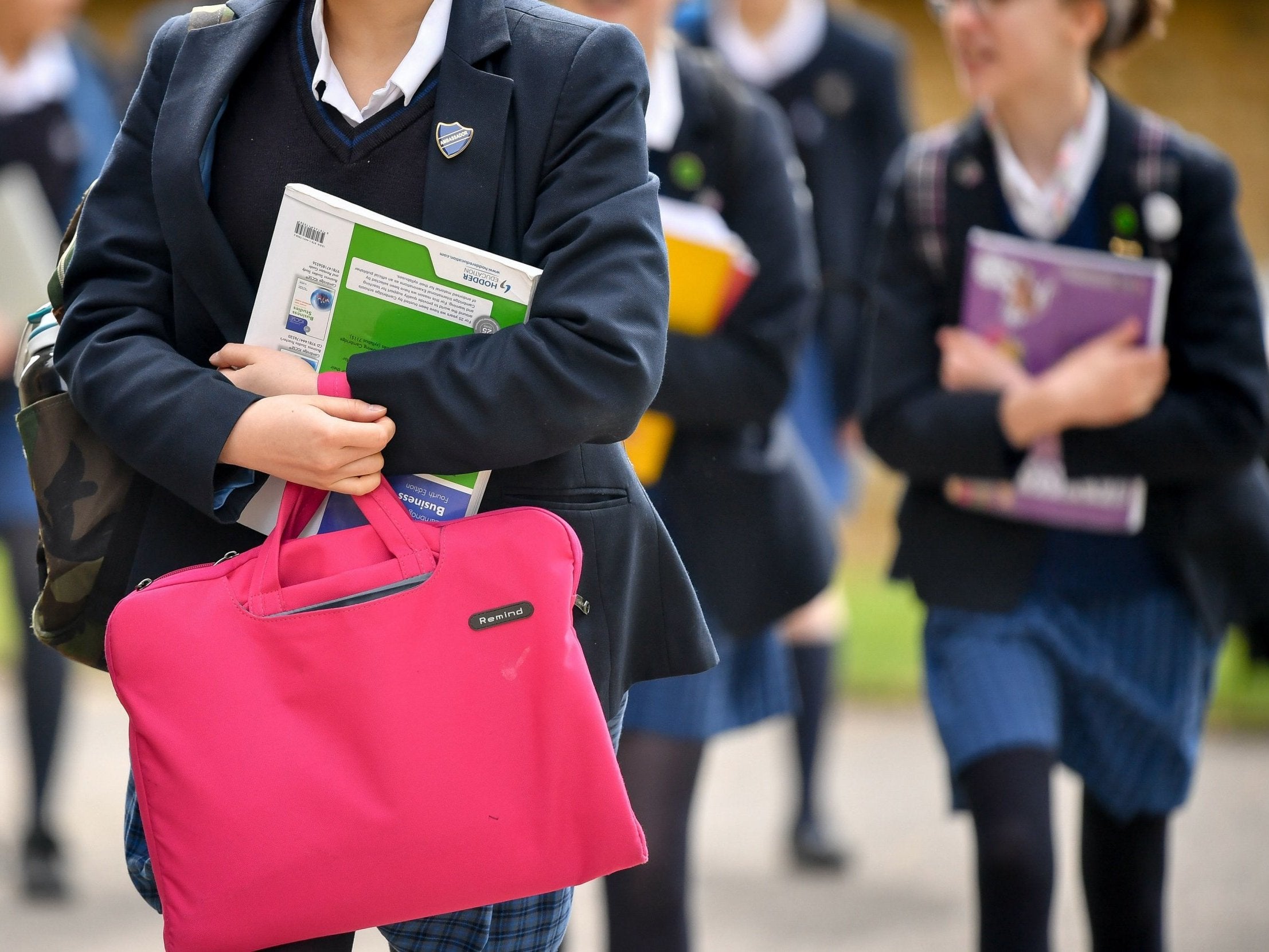‘Socially selective’ faith schools must introduce fairer admissions to increase poorer students, charity says
‘Middle-class parents are more able to navigate complex admissions policies in faith schools’

Top faith schools that are “socially selective” need to boost the number of disadvantaged pupils they admit from local areas to ensure they are “fairer”, a social mobility charity has urged.
A report from the Sutton Trust reveals that the proportion of poorer pupils at the top-performing comprehensive schools in England, Scotland and Wales is around half of the average state school.
And the top state secondary schools in England and Wales often admit a much lower proportion of disadvantaged pupils than the average proportion of poorer pupils that live in the local area.
Faith schools under-represent the rates of disadvantage in their catchment areas – and complex admissions rules, which benefit parents of higher socio-economic backgrounds, are partly to blame.
Top-performing faith schools in Wales admit a proportion of poorer pupils around half of the rate living in their catchment areas (11.4 per cent compared to 21.1 per cent), according to the study.
The charity has called on faith schools, which they say are the “most socially selective” of top state schools in both England and Wales, to reassess their recruitment of disadvantaged pupils.
The government announced last year it would provide extra funding to help set up new voluntary aided schools, which can have up to 100 per cent admission based on faith.
“The admissions process for faith schools should be opened up so that their admissions are fairer, and reflect their local population, while maintaining their ethos,” the report recommends.
Sir Peter Lampl, founder of the Sutton Trust, told The Independent: “Faith schools are often socially selective because they have complex admissions criteria and appeals processes that middle-class parents are more able to navigate.”
But he acknowledged there were other factors outside of the schools’ control, such as the fact that some pupils have to travel considerable distances, which is a barrier to low income families.
The charity is calling for poorer pupils to be prioritised in oversubscribed schools, and it says councils should consider allocating a proportion of places randomly through a ballot system to reduce middle-class parents buying homes in the catchment areas of top schools.
Sir Peter added: “Getting a place at a good school is key to getting on in life. Yet the bottom line is that in Britain your chances of doing that depends on your parents’ income and whether they can afford to live in an affluent area.
“This is why we want to see more use of ballots – where a proportion of places is allocated randomly – as well as a focus on improving the quality of teaching in all schools, particularly those in the most disadvantaged areas.”

A Department for Education (DfE) spokesperson said: “We want our education system to work for everyone, whatever their background. By the end of this decade we are on track to have created a million new school places since 2010, the largest increase for at least two generations.
“Currently, under the school admissions code, priority must be given to specific groups of vulnerable children whilst also enabling schools to give priority to those eligible for the pupil premium. All state funded schools, including academies, have to comply with this to ensure all school places are allocated and offered in a fair and open way.”
The DfE added that they will be investing £72m over three years to promote better educational outcomes in 12 of the most deprived areas of the country and are increasing free schools.
Join our commenting forum
Join thought-provoking conversations, follow other Independent readers and see their replies
Comments
Bookmark popover
Removed from bookmarks